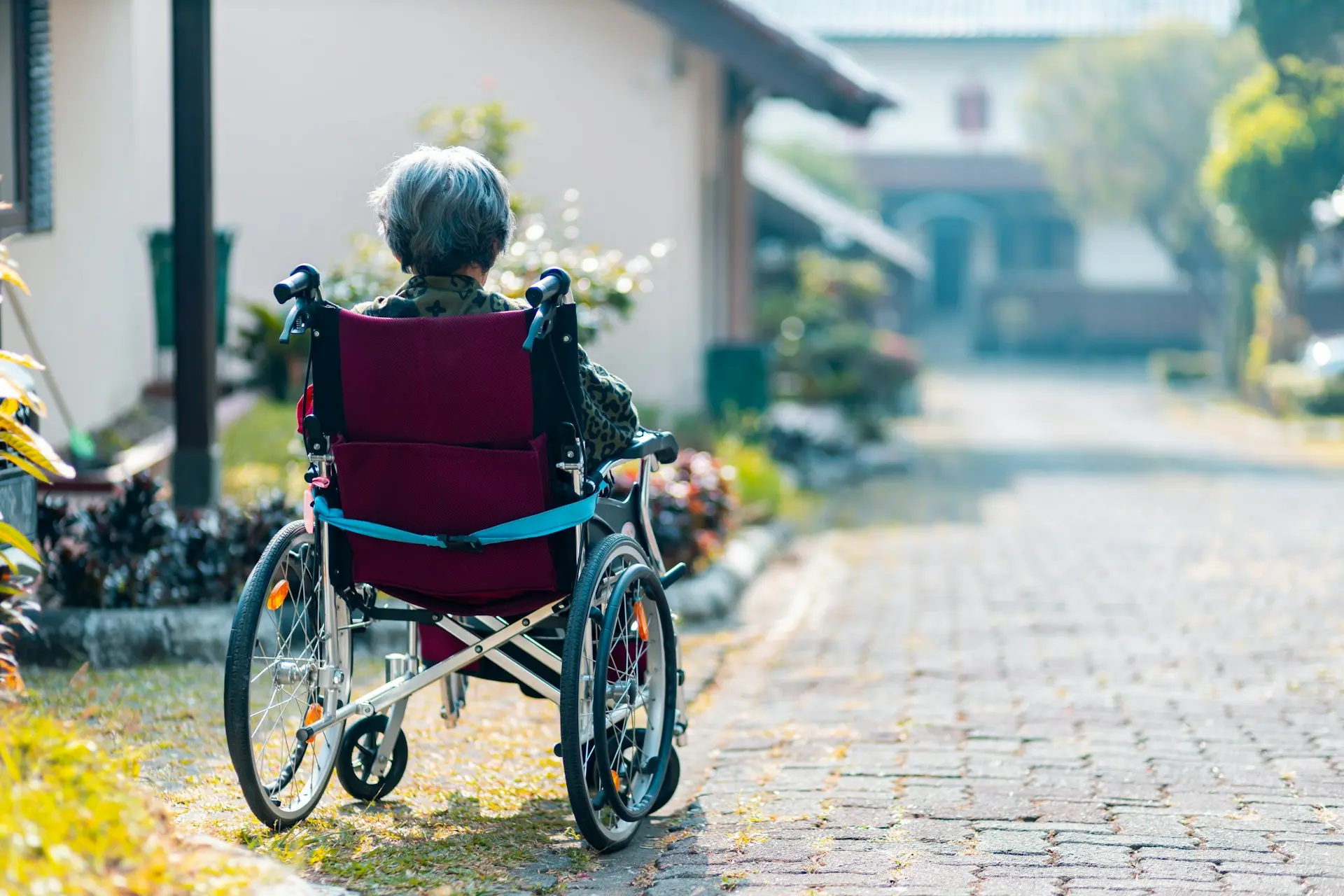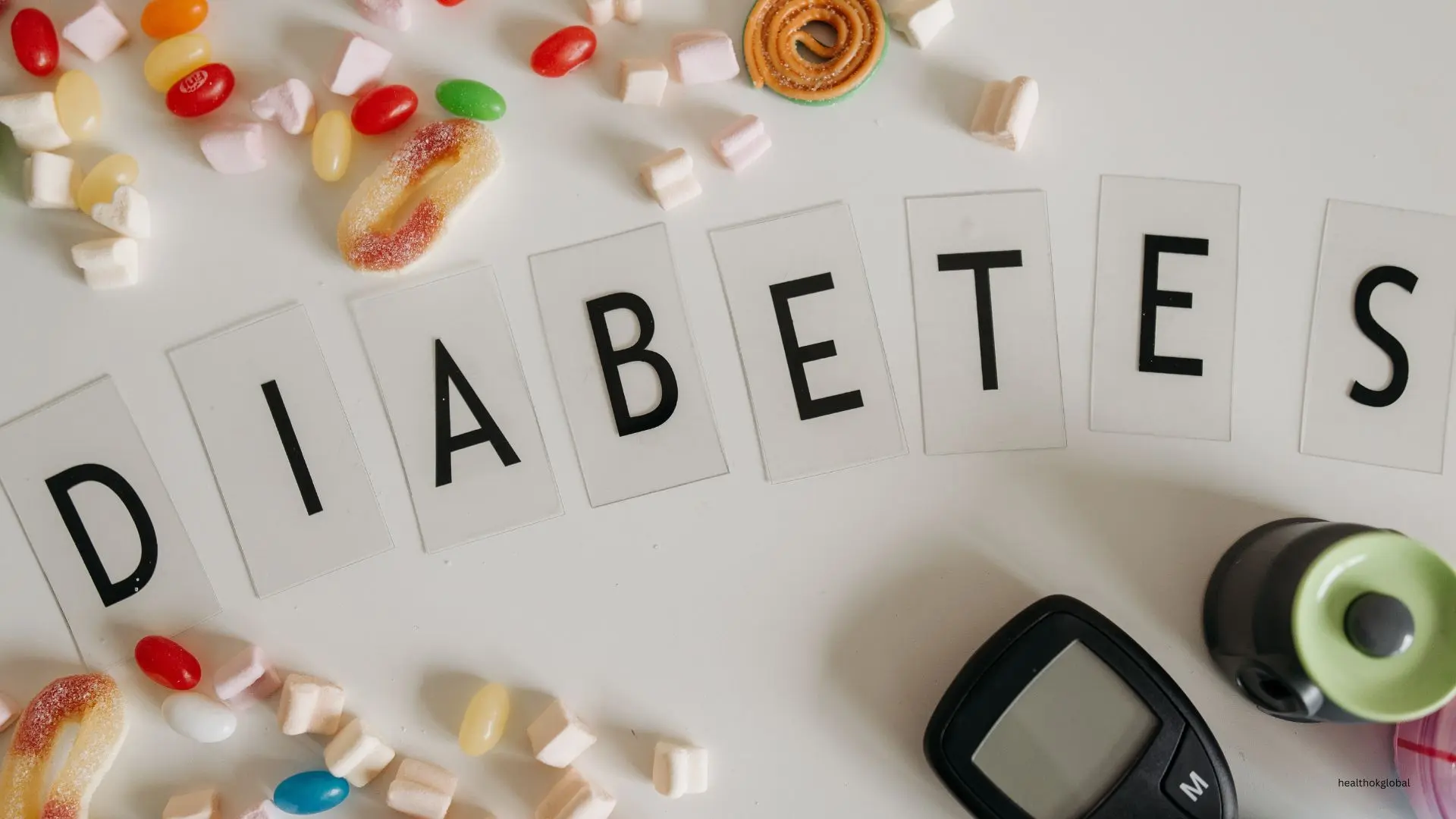Dementia is a progressive condition that affects cognitive abilities, memory, and behavior.

Blog
7 Stages of Dementia – Symptoms & Progression
Dementia is a progressive condition that affects cognitive abilities, memory, and behavior. Understanding its stages can help patients, caregivers, and loved ones prepare for the challenges ahead. Dementia doesn't progress in a linear fashion, but it's often categorized into 7 stages based on symptoms and cognitive decline. Each stage presents unique challenges and requires tailored care approaches.
In the initial stage, individuals show no signs of cognitive decline. Memory and cognitive abilities are intact, and they can perform daily tasks without assistance. However, subtle changes may start to appear, such as forgetfulness or occasional lapses in concentration.
As dementia progresses to stage 2, forgetfulness becomes more pronounced. Individuals may struggle to recall recent events, misplace items frequently, and have difficulty following conversations. Despite these challenges, they can still function independently in familiar environments.
Stage 3 marks the onset of mild cognitive decline. Memory lapses become more noticeable, affecting daily activities and work performance. Loved ones may observe difficulties in organizing thoughts, completing tasks, and retaining new information. While individuals can still manage some tasks independently, they may need support with complex activities.
In stage 4, cognitive decline becomes more apparent, impacting various aspects of daily life. Individuals may struggle with basic arithmetic, experience significant memory gaps, and have difficulty with language comprehension. Performing routine tasks independently becomes challenging, requiring increased supervision and support from caregivers.
Stage 5 is characterized by a significant decline in cognitive function. Individuals may struggle to remember personal details, such as their address or phone number, and exhibit confusion about time and place. Basic self-care tasks, such as dressing and grooming, may require assistance. Emotional and behavioral changes, such as mood swings and agitation, can also occur.
As dementia progresses to stage 6, individuals experience severe cognitive impairment. They may have limited communication abilities, struggle to recognize familiar faces, and require assistance with all activities of daily living. Behavioral symptoms, including wandering and aggression, may escalate, necessitating specialized care and support.
The final stage of dementia is characterized by profound cognitive and physical decline. Individuals lose the ability to communicate verbally, recognize loved ones, and control movements. They become entirely dependent on others for care, often experiencing complications such as infections and difficulty swallowing. End-of-life care focuses on ensuring comfort and dignity for the individual and providing support for their loved ones.
In the initial stage, individuals show no signs of cognitive decline. Memory and cognitive abilities are intact, and they can perform daily tasks without assistance. However, subtle changes may start to appear, such as forgetfulness or occasional lapses in concentration.
As dementia progresses to stage 2, forgetfulness becomes more pronounced. Individuals may struggle to recall recent events, misplace items frequently, and have difficulty following conversations. Despite these challenges, they can still function independently in familiar environments.
As dementia progresses to stage 6, individuals experience severe cognitive impairment. They may have limited communication abilities, struggle to recognize familiar faces, and require assistance with all activities of daily living. Behavioral symptoms, including wandering and aggression, may escalate, necessitating specialized care and support.
Need Personalized Health Guidance?
Get expert advice tailored to your specific health needs from our qualified healthcare professionals.





